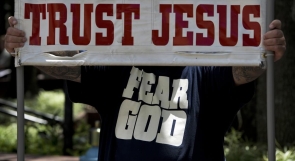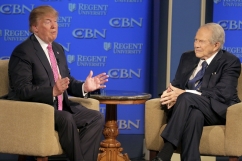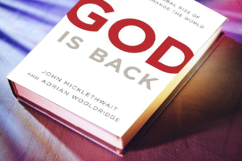At one stage the Big Society mantra seemed like an opportunity for Christian charities to take greater prominence in providing public services and support.
However new research has revealed charities have been hit hard by the rolling back of the state as they attempt to do more with less money.
Theos, the religion and society think tank, studied six Catholic charities and found increasing financial problems as the recent austerity cuts affected services.
Ben Ryan, author of Theos' report, told Christian Today that local government grants for charities have become much more difficult to obtain as local authorities have had to weather a 40 per cent cut in support from central government since 2010.
Ryan said there was a "double-edged problem" as charities' funding sources have dried up while at the same time issues such as homelessness, disability support and care for the elderly have got worse under austerity.
The knock-on effect, Ryan told Christian Today, was there were more and more charities relying on churches and individual donations to fund their increased workload.
He acknowledged it was "undeniably a good thing" Christian charities were supporting vulnerable people but said they needed to be supported by government funding.
"It is all very well to talk about Big Society but it still needs to be paid for.
"It is not good enough to say 'well done'. You have to help them."
He continued in his report: "More broadly Catholic charities are having to work harder than ever before to secure volunteers and funding not least because parish decline in many areas has reduced the available volunteer pool and funding base."
However the report pointed to the "Pope Francis effect" which had helped to counter negative perceptions of the Catholic Church and enthuse staff. Charities reported how they had felt more positively received as a result of Francis' popularity and that he had a "rejuvenating effect" on volunteers.
"He's my type of Pope... the others were too theological and academic for me", one volunteer is quoted as saying.
The report, which will be launched on Thursday, drew praise from the Archbishop of Westminster and head of the Catholic Church in the UK. Cardinal Vincent Nichols said Ryan's report bought into sharp focus "the broken and wounded world in which we live and how Catholic charities are called to imitate Christ in their work with the vulnerable and marginalised."
















